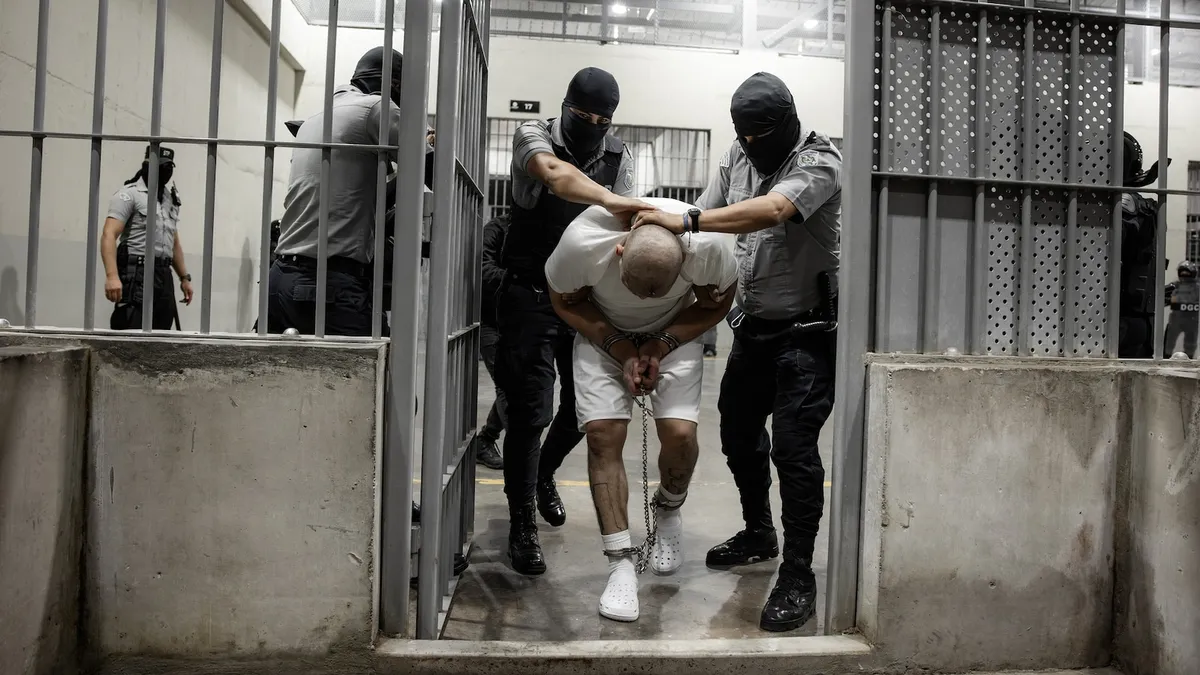
In a significant legal development, U.S. District Judge James Boasberg has canceled a scheduled hearing regarding the Trump administration's controversial use of the Alien Enemies Act to deport alleged migrant gang members without due process. This decision comes in the wake of a ruling from the U.S. Supreme Court on Monday evening, permitting the administration to resume these deportations.
Judge Boasberg initially set the hearing to evaluate whether to convert a temporary restraining order, which he issued last month to block these deportations, into a more enduring preliminary injunction. The judge was also considering holding the administration in contempt for its failure to provide vital information regarding the deportation of over 200 alleged members of the Venezuelan gang known as Tren de Aragua.
However, the order to cancel Tuesday's hearing did not clarify the status of the contempt issue, leaving many questions unanswered regarding the administration's compliance with judicial directives.
The U.S. Supreme Court, in a narrow 5-4 decision, ruled that the Trump administration could proceed with the deportations of alleged Venezuelan gang members under the Alien Enemies Act. The Court emphasized that while the administration has the authority to deport these individuals, detainees must be afforded the necessary due process to contest their removal.
This unsigned opinion effectively lifted Judge Boasberg's temporary restraining order, declaring that he did not possess the jurisdiction to intervene in this matter. The implications of this ruling are vast, as it allows the administration to continue its controversial deportation practices.
In light of the Supreme Court's decision, the American Civil Liberties Union (ACLU) has taken action by filing habeas petitions in the New York district, where several alleged Venezuelan gang members are currently detained. These petitions aim to challenge the impending deportations to El Salvador under the provisions of the Alien Enemies Act.
Last month, President Trump invoked the Alien Enemies Act, a wartime authority that allows for the deportation of noncitizens with minimal due process. He argued that the Venezuelan gang, Tren de Aragua, represents a hybrid criminal state that poses a threat to the United States. This assertion has sparked widespread debate about the legality and ethical implications of such actions.
Judge Boasberg had previously issued a temporary block on March 15, mandating the government to halt two flights intended to deport over 200 alleged Tren de Aragua members to El Salvador. Despite this order, authorities failed to comply, leading the judge to consider contempt proceedings against the administration.
This ongoing legal battle highlights the complex interplay between national security and the rights of individuals facing deportation. As the situation develops, it remains to be seen how the courts will navigate these challenging legal waters.
For further updates on this evolving story, stay tuned as we continue to monitor the implications of the Supreme Court’s ruling and the ensuing legal actions from various advocacy groups.